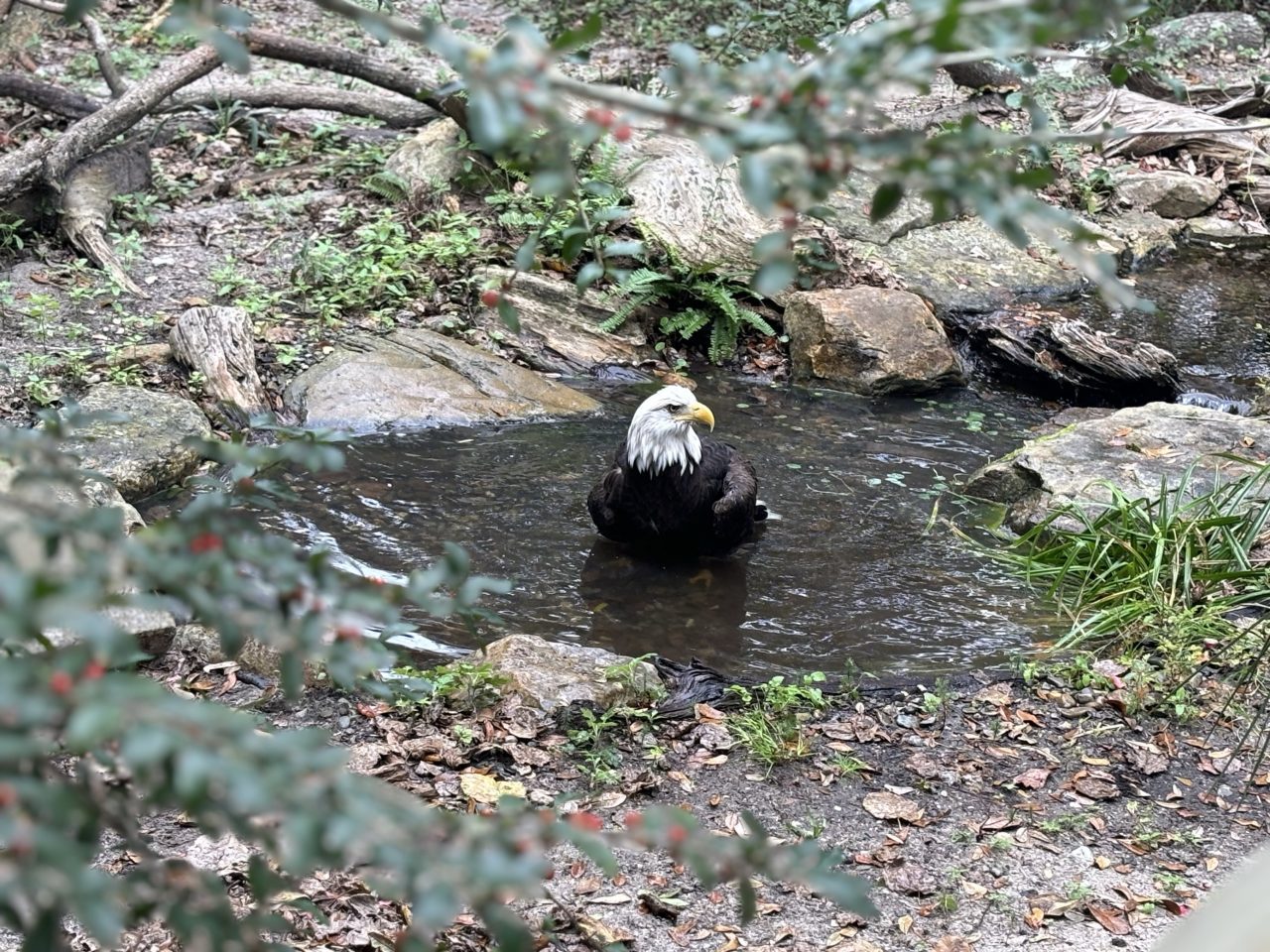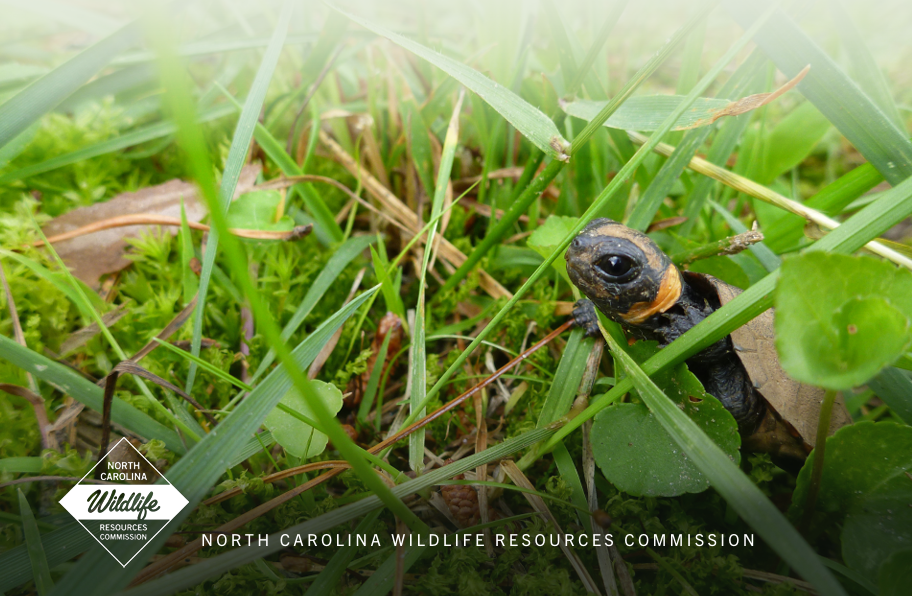
Maverick hasn’t left the building, but he’s being moved out of the public eye.
The popular bald eagle at the North Carolina Aquarium at Fort Fisher is being moved from his open-air habitat as a precaution to protect him from contracting avian influenza.
Supporter Spotlight
New cases of the highly contagious disease in eastern North Carolina wild birds prompted the call to move Maverick, who is healthy and symptom free, according to a news release. This is the second time this year that the aquarium has taken precautions against avian flu.
“This disease, if spread, could have devastating effects on poultry farms, both commercial and backyard flocks, and birds living in zoos, aquariums, and wildlife centers,” North Carolina Aquariums Chief Veterinarian Emily Christiansen said in a statement.
Aquarium officials have ramped up biosecurity for staff, allowing only specific teams who work with the aquarium’s feathered animals to care for Maverick.
“Our visitors really treasure Maverick, a majestic ambassador for birds, and we are taking every precaution to ensure he stays safe and healthy, so he can quickly return to his habitat for everyone to enjoy,” said Hap Fatzinger, director of the Fort Fisher aquarium.
The aquarium is working with the N.C. Aquarium Division veterinary team, N.C. Department of Agriculture, and U.S. Department of Agriculture to decide when Maverick may be safely returned to his public habitat.
Supporter Spotlight
Sick or dying wild birds may be reported to the N.C. Wildlife Resources Commission helpline at 866-318-2401 8 a.m. – 5 p.m. Monday through Friday.
Ill birds in human care may be reported to area veterinarians, the N.C. Department of Agriculture & Consumer Services Veterinary Division at 919-707-3250, or the N.C. Veterinary Diagnostic Laboratory System at 919-733-3986.
Additional information is available at NCDA&CS and USDA Defend the Flock.







